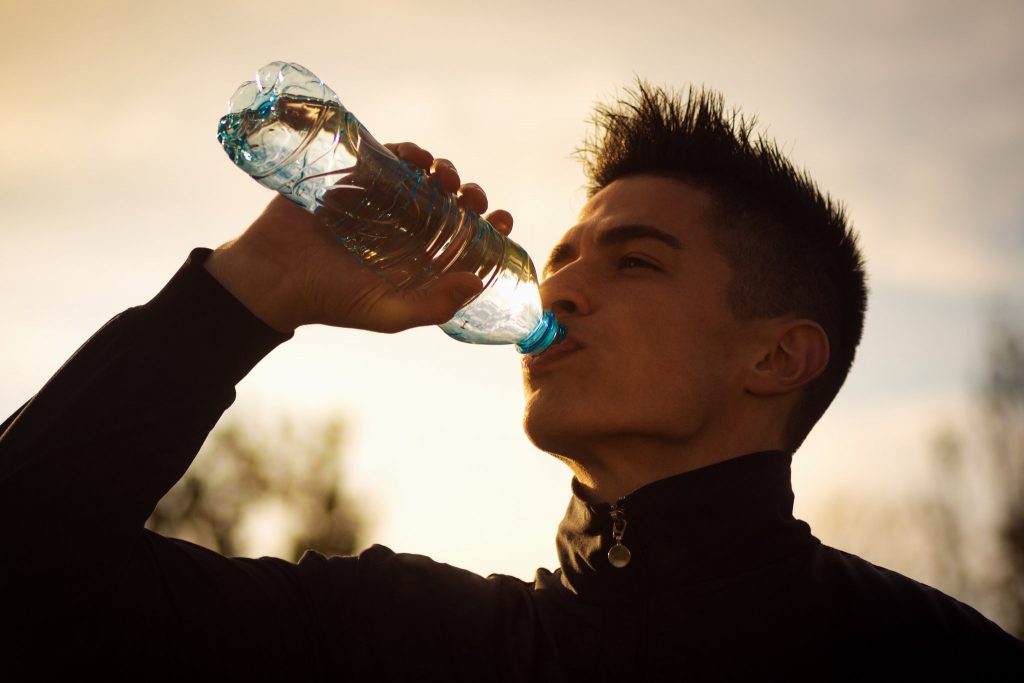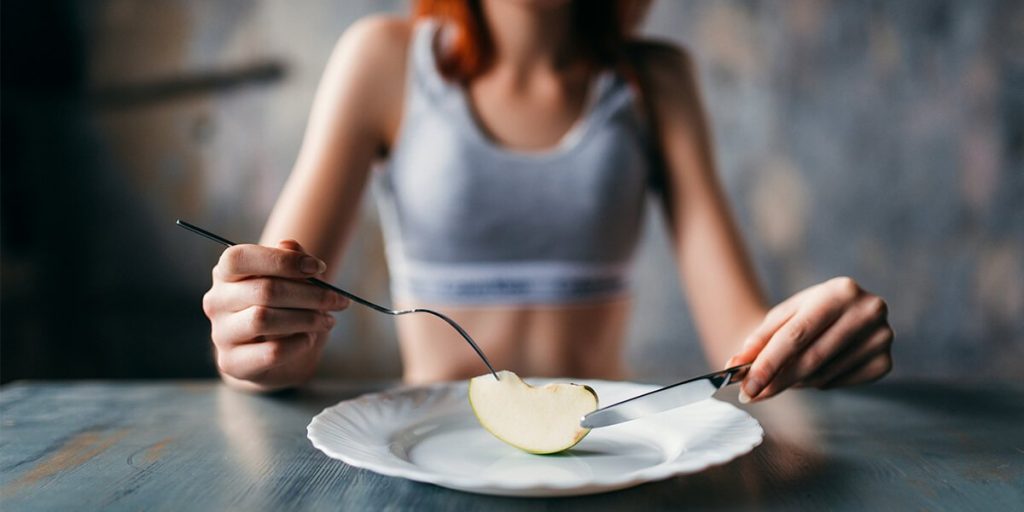How long can you survive with only water depends on external factors and how much water you have at the moment. The human body is made of 60% water, meaning it must have a water source to live and work properly.
On the other hand, food is not as necessary as water.
A healthy adult person can live without food for a month or two. So, if you have some water supplies, you don’t have to worry. The only thing you should do right is to calculate how much and how often you should drink water until finding a food source.

How Long Can You Survive With Only Water
Surviving with only water might be difficult. With no water, you may survive for 3 to 5 days. With 500 milliliters of water, you may survive up to 14 days if you consume it properly. Having 1 liter of water might be enough for up to a month, while having more than 1 liter might keep you alive for much longer.
If you plan to go hiking, camping, or bushcraft in the woods, you must store some emergency water, food, aids, and other essential surviving tools.
Water consumption might vary depending on the weather conditions. If the weather is too hot, you might sweat and waste body water with every step you make. Conversely, the colder weather might be on your side and help you save more water.
If it is rainy and the air moisture is high, it might be good for you since you can make drinkable water with natural charcoal water filters.
So, if you have water supplies, you can get out of the situation alive.
How the Body Works Without Food and Water
Food
Food is your energy source. Less food, less energy.
But, our bodies are created to store some food, to help us survive when we take no food for a while. On average, a person can live without food for 20 to 60 days, depending on certain individual factors and conditions.
Why does the time vary?
Everyone’s body is unique, and every person eats different amounts of calories per day. Persons who eat less can easily starve, while people who eat more might feel starving sooner.
Conversely, people who weigh more have more food accumulation, which is used as food when you don’t actually eat food. In other words, when you have no food to eat, the body starts making energy from its own tissues. This process results in weight loss.
How long you can live without food depends on multiple factors, like age, gender, weight, overall health, and average activity levels. Another significant factor here is the water and liquid intake.
Water
The body can not live long without water.
We might not need food for up to two months, but without water, we can easily dehydrate in a few days.
The minimum water intake is still an undefined thing in science. It is hard to determine how much water the body needs to stay hydrated because, as I previously said, many individual factors affect it.
On average, a healthy adult person might need around two cups of water to stay above dangerous dehydration levels. Taking 1 liter of water daily might keep you far from severe dehydration issues.
So, living without food is possible only if you have water supplies. It is not determined how much, but every sip of water in extreme cases is welcome.
Read more: How to Purify Salt Water in the Wild

Complications that happen when starving
Starvation carries serious health issues.
People who weigh less may lose up to 18% of their body mass, while people who weigh more can go up to 20% of mass loss. Precisely, people who weigh more can survive longer without food.
When not taking food, our cardiovascular system might take a part of the tissue our body “eats” to make energy. When starving, the blood and pulse decrease and the blood pumping weakens.
The gastrointestinal system is also a target. When the stomach does not receive food, it empties itself, causing bloating, nausea, vomiting, bacterial infections, stomach pain, and so on. It is also possible to face constipation.
The endocrine system suffers from starvation as well. Hormones are produced using fat and cholesterol, which are absent when starving. Without hormones, females might face menstrual issues, weak bones, low metabolic rate, and low core temperature, which leads to hypothermia.
From the outside, the body starts losing a healthy tone, which is a sign of anemia occurrence, the skin gets dry, and the hair starts falling.
The side effects of starvation also include tiredness, dizziness, shaking hands (because of the low glucose level), weakness, abdominal pain, stress, organ failure, heart attack (in extreme cases), etc.
Dehydration signs
Moderate dehydration leads to a dry mouth and tongue and a bad mouth smell. Also, you may feel thirsty and urinate less because the body has no fluids to flush. You may also get sunken eyes and restlessness.
During moderate dehydration, you can see that your urine becomes darker, which is a sign of low water intake. The urine amount decreases as you dehydrate, so if you don’t consume water, you will stop urinating.
Alerting dehydration causes lethargy, unconsciousness, weak pulse, extremely dry mouth and tongue, and low blood pressure.
We have health issues when we don’t consume water because our bodies use H2O for every action they take. Sweating, urinating, and even breathing processes use water.
Water sources
Some foods are also good water sources. For example, fruits and vegetables are rich in water, which is good news if you are under extreme conditions, away from water and food sources.
Also read: How to Find Water in the Mountains
Conclusion
How long can you survive with only water depends on multiple factors and the amount of drinkable water supply you have at the moment.
Starvation might carry severe health issues, so try to adjust the food and water supplies carefully.
